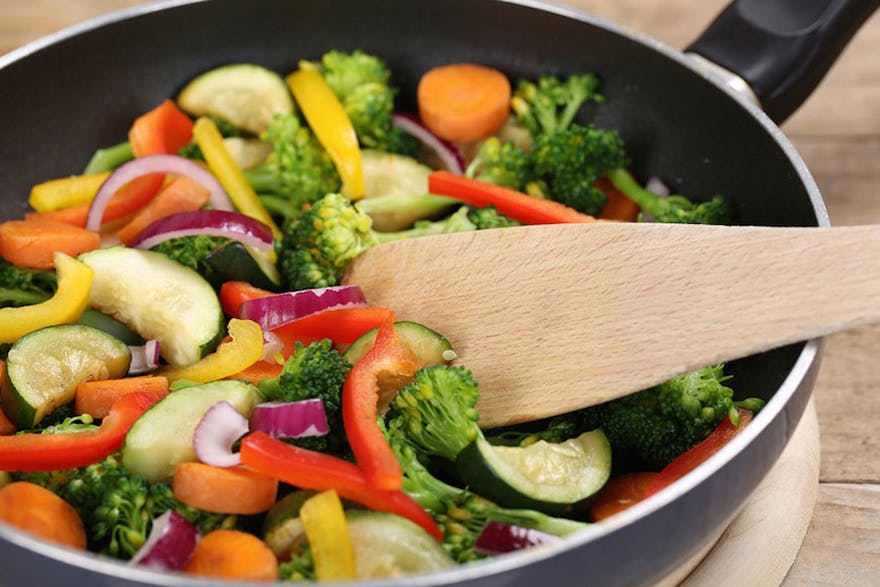Is Your Diet Giving You Enough Vitamins and Minerals?
FOOD & NUTRITION
05.30.2014

Good nutrition is vital to being healthy. Even if you think you have a healthy diet, you may well be missing out on some vital vitamins and minerals. As we go through life, there are periods when our bodies require additional amounts of particular nutrients. For example, girls can lack Iron as they start to menstruate; people over 65 years old may need more Vitamin D. Taking a multivitamin supplement can help to see us through these times and keep our bodies healthy.

Heart
The heart is a powerful muscle that pumps the body’s blood supply (about 5 litres) around the entire body once a minute. Folic acid, combined with other B vitamins, helps to reduce high levels of homocysteiene, an amino acid. This reduction may help maintain a healthy heart.
Are you getting enough Folic Acid?
Most people need 200 micrograms daily, which can be obtained from 230 grams of spinach or Brussel Sprouts to help maintain good health. Folic Acid is found in varying amounts in broccoli, brussel sprouts, beans, yeast extract, wholegrain cereals, oranges and green leafy vegetables.

Immunity
Vitamins and minerals such as Vitamin C, Iron, Copper, Zinc and Selenium can all help to maintain a healthy immune system. Vitamins C, E and other antioxidants can neutralize potentially harmful free radical molecules that are generated in our bodies by sunlight, pollution and smoking.
Why do you need Vitamin C?
Vitamin C helps the immune system work properly and is essential for wound healing. It’s also needed for healthy skin, and for the formation of bones, teeth and capillaries (small blood vessels) and can aid the absorption of Iron from plant foods like spinach.
Are you getting enough Vitamin C?
Most people need 60mg of Vitamin C daily to help maintain good health. This equates to half a large orange or a small portion of broccoli every day. Vitamin C is found in citrus fruits, kiwis, strawberries, potatoes, tomatoes, blackcurrants, broccoli and peppers.

Energy
Blood is pumped around the body by the heart via a network of blood vessels that range in size. Sufficient intake of Vitamin B12, Folic Acid and Iron is essential to help maintain healthy blood cells. Calcium may also have a role in regulating blood pressure.
Why do you need Vitamin B12?
Vitamin B12 is essential to help maintain the health of blood, nerves and other cells.
Are you getting enough Vitamins B12?
B Vitamins can’t be stored in the body so you need to keep them topped up. Most people need 1 microgram daily of Vitamin B12 to stay healthy. This equates to 57 grams of beef or pork or one egg every day. Since Vitamin B12 is not found in plant foods unless fortified (as in breakfast cereals), vegetarians and vegans are likely to benefit from supplementation. Good food sources of Vitamin B12 include liver, kidneys, venison, lean beef, lamb, salmon, cod, milk, cheese, eggs and yeast extract.
Image Credits: Markus Mainka/Shutterstock.com
Recommended Articles
The 5 Best Foods That Will Help Supercharge Your Brain
Amidst our busy schedule, it's important to retain our focus and memory. Resting alone is not...
Iron deficiency is a lot more common than you would think. A recent survey by SATA CommHealth(i...
Mars vs Venus: Understanding the His and Hers of Nutritional Needs
Mars vs Venus: Understanding the His and Hers of Nutritional Gaps Although their DNAs are...






